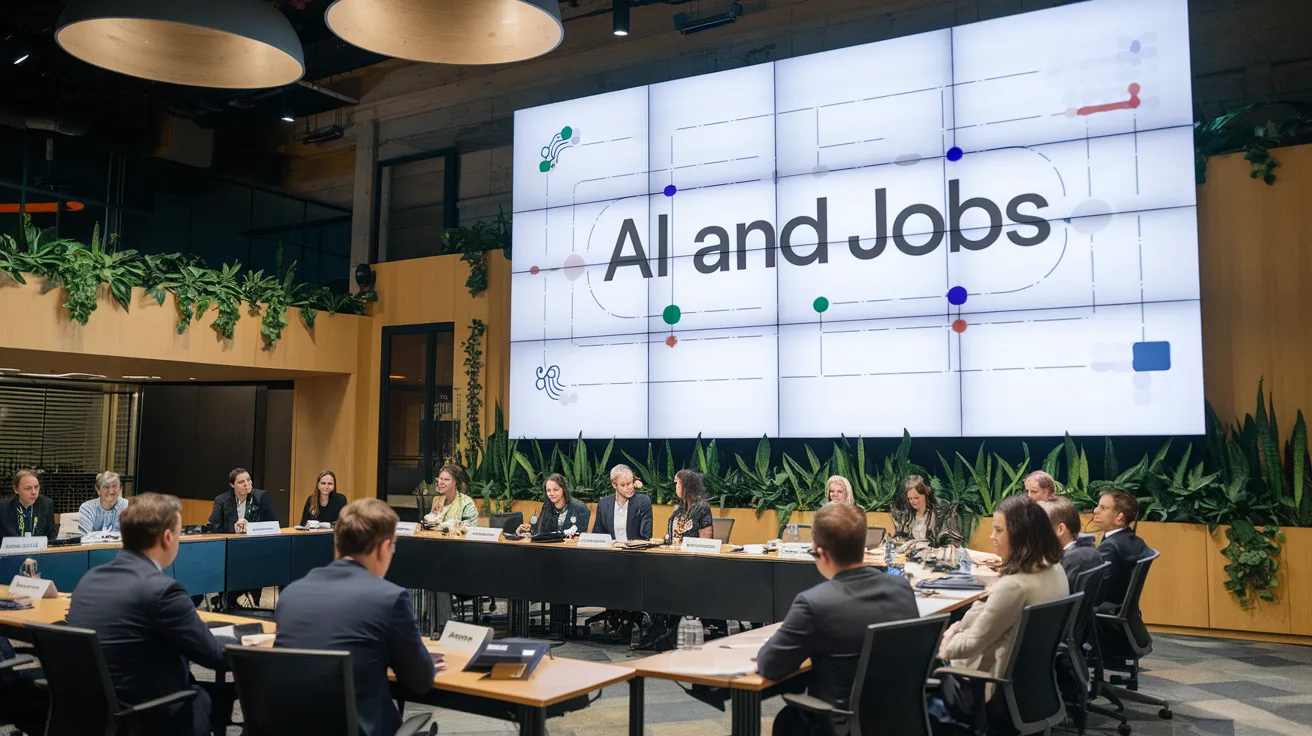AI Jobs Debate: Reality in the Workplace

By Marcel Lukas, University of St Andrews
Recent remarks from leading tech CEOs have reignited discussions around the impact of artificial intelligence (AI) on employment opportunities. Klarna’s CEO, Sebastian Siemiatkowski, boldly stated that his company has ceased hiring as AI technologies have become capable of performing roles that traditionally required human intervention. Conversely, Jensen Huang, CEO of Nvidia, posits that while AI may not replace human jobs outright, individuals who adapt and leverage AI tools effectively will hold a significant advantage in the job market.
This dichotomy underscores a broader tension in how generative AI is reshaping the landscape of work—moving beyond a binary perception of job loss or enhancement. As companies increasingly invest in AI technologies, it becomes imperative to analyze the intricate ways in which these technologies are integrated into our current work processes and the implications for workforce dynamics.
Research indicates that the integration of AI is more nuanced than mere displacement or augmentation of existing jobs. The reality is that job descriptions will evolve, requiring new skills and adaptability. Therefore, a proactive approach towards lifelong learning and upskilling will be crucial for workers navigating this shifting landscape.
In conclusion, as AI continues to advance, companies and employees alike must rethink their strategies to thrive in an AI-augmented environment. The ability to harness AI as a tool for productivity rather than viewing it as solely a threat will dictate the future success of careers in various industries.